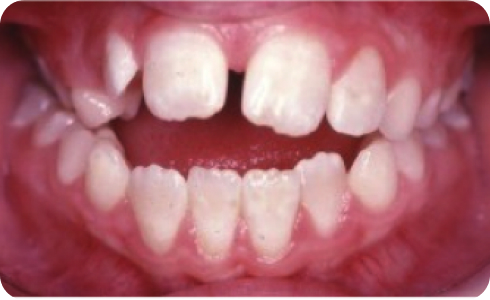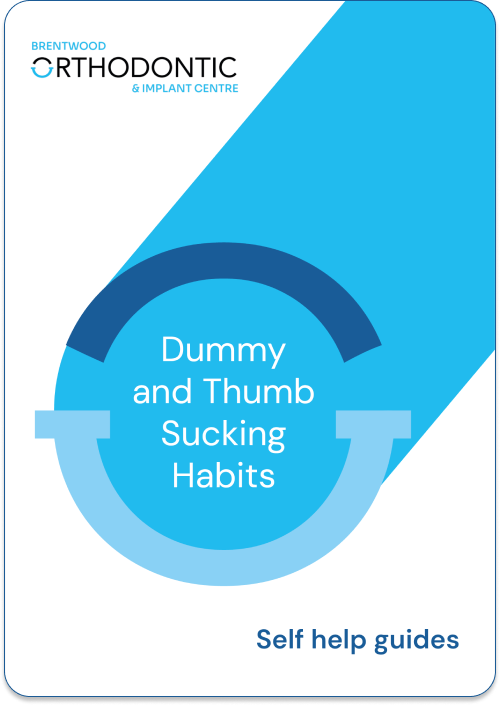Live Life Smiling
Thumb and finger sucking is one of the most common habits during childhood
This blog will answer the questions you might have about your child’s thumb or dummy sucking habits.
What is a sucking habit?
This is when a child sucks their thumb, finger or dummy during the day and/or night.
How common are these habits?
Thumb and finger sucking is one of the most common habits during childhood. It can begin by the age of three months. It is normal for an infant up to the age of two to want to suck. Children enjoy this habit. One in every eight children (aged 7-11) have a prolonged digit sucking habit. Girls are more likely to be prolonged digit suckers then boys. Dummy habits tend to stop before the adult teeth appear at the age of six. If the thumb or finger sucking continues beyond the age of seven, when the adult teeth start to appear, problems with the position of the teeth may occur.
Why has my child developed this habit?
There are two possible reasons;
- the habit provides comfort and security to the child,
- it is learned behaviour.
Infants have a natural sucking urge that can persist after breast or bottle feeding. This urge is satisfied with a dummy or thumb/finger sucking.
Does every child with a thumb sucking habit develop teeth/bite problems?
No. What happens to the teeth depends upon;
- how often they suck their finger/thumb,
- how hard they suck their finger/thumb,
- the age the child stops this habit,
If the child sucks their thumb or finger for more than 6 hours per day or night, this may cause problems with their teeth.


How can a sucking habit affect the teeth?
- A vertical gap between the front teeth (anterior open bite) may develop – this is more likely to happen in children with a sucking habit. This can make biting certain foods difficult,
- the upper front teeth may stick out,
- the upper jaw may narrow, causing the back teeth not to meet in the correct position, this is called a cross bite.
What can I do to stop the habit?
The habit is not easy to stop as the child enjoys it! It must stop during the day before it will stop at night time. The child must want to stop. You can try the following;
- encourage your child. Use a wall chart and daily reward system to help the child stop the habit,
- praise your child for not sucking their thumb. Give daily encouragement,
- avoid nagging, teasing, punishing or shaming the child. Be positive. Build up their self-esteem,
- use a reminder or physical barer such as a plaster, bandage, cotton glove, sock, thumbguard or a bitter tasting paint on nail varnish.
What can my dentist/orthodontist do?
Your dentist/orthodontist can offer advice about thumb sucking. They may also discuss the use of a ‘habit-breaker’ dental appliance, which makes thumb sucking more difficult. There may be a charge for this service.
What happens to the teeth when the habit stops?
If a sucking habit stops by the age of seven then the teeth can often correct themselves with normal growth. If the habit continues beyond the age of seven, then the position of the adult teeth can be permanently affected and self-correction is less likely to occur. The child may require complex orthodontic treatment (braces) in the future to attempt to correct the tooth position. However, orthodontic treatment cannot be started until the habit has completely stopped. This is because the treatment is unlikely to be successful.
Does a dummy have the same effect as a thumb or finger sucking habit?
Dummy (pacifier) sucking can also move the baby teeth. Dummies appear to cause fewer problems as this habit normally stops before the adult teeth appear at age seven. A dummy habit is easier to stop than a thumb/finger habit. Children who use a dummy are less likely to become thumb or finger suckers. The dummy should never be sweetened, otherwise the teeth will decay.

